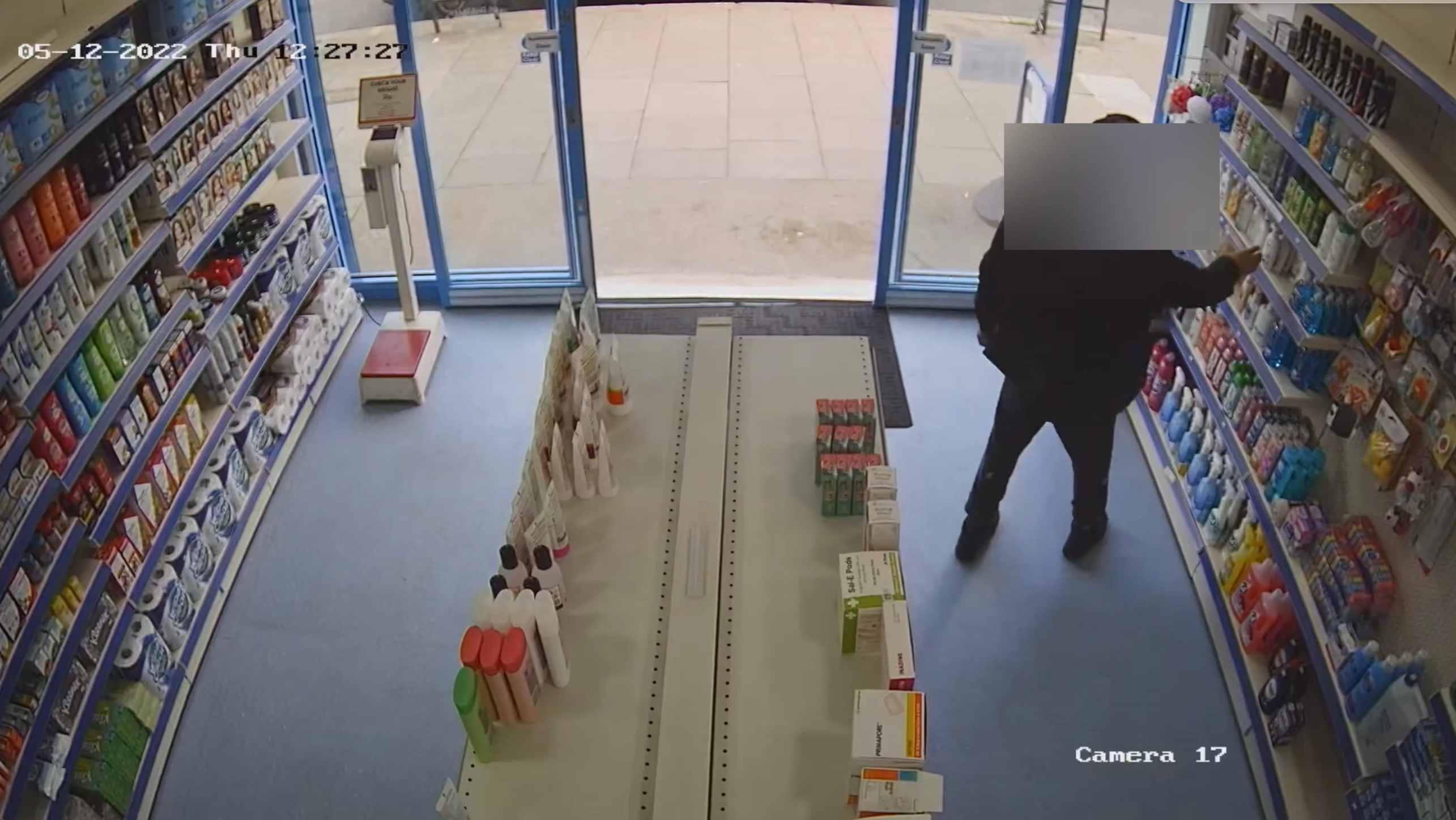Shopkeepers should not place “high value” items close to store entrances because “obviously people will nick”, a Labour minister has told shopkeepers.
It comes after new figures showed that shoplifting is at a record high, with retailers accusing police of not doing enough to tackle the problem.
Asked about the issue, policing minister Dame Diana Johnson said expensive items such as alcohol should not be displayed at the front of stores and said shopkeepers needed to do more to deter shoplifters.
Speaking on BBC Radio 4’s Today programme, Dame Diana said: “I think stores need to play their part in making sure that items that are high value are not at the front of the store because that is an issue in some stores, that they put bottles of alcohol at the front of the store, which obviously people will nick.
“If they are going to steal to resell, they will nick items like that. So I think it is not just one thing here, it has to be an approach with the retailers, with the government and with the police to work together.”

But she warned members of the public against confronting shoplifters, after Tory Police and Crime Commissioner for Thames Valley Matthew Barber claimed people had a duty to stand up to shoplifters rather than relying solely on police officers.
“I would not advise people to tackle an individual who was stealing. I came across someone stealing in a store in Hull.
“I went straight to the assistant to tell them what was happening. I felt that was the best thing to do.
“Obviously, it is a judgment for individuals to take, but I am worried about people feeling they need to have a go. I don’t think that is appropriate”, she said.
Shoplifting hit a record high in 2024, with the number of offences surpassing 500,000 for the first time.
Some 530,643 offences were recorded by forces in England and Wales in 2024/25 – up 20 per cent from 444,022 in 2023/24 and is the highest total since current police recording practices began in 2002/03.
Offences involving theft from the person have also remained at record levels. Some 151,220 of these offences were recorded by forces in the year to March, up 15 per cent from 131,584 in the previous 12 months – again, the highest since the current recording began in 2002/03.
Speaking on Wednesday, Richard Walker, the executive chairman of supermarket chain Iceland, argued that shoplifting is getting worse because offenders appeared to be able to act with “impunity”.

“We now have over 1,000 serious incidents a year, serious incidents being marauding gangs, violent assaults, needles, knives, hammers, you name it”, he told the Today programme.
“I go through our weekly serious incidents report every Monday morning, and it is clear that firstly, there is now no area of the country unaffected by this issue, it happens everywhere from small market towns through to big inner cities.
“But secondly, and importantly, there is an impunity, an increasing level of violence that is caused by a lack of deterrent.”
Responding to his remarks, Dame Diana said: “I think he does actually have a point, and that’s why we’re investing into neighbourhood policing, because we know a police deterrent in our town centres and in our high streets is really important in starting to tackle shop theft and anti-social behaviour.
“We’re bringing forward legislation to make it a specific offence to assault a retail worker, and we’re getting rid of what the previous government brought in, which was this sort of £200 limit. If you stole below £200, the case wouldn’t necessarily be proceeded with.
“We want to make clear, if you steal, that is a criminal offence, whether it’s £5 or £500, pounds.”
On Wednesday, the government announced an expansion of the use of facial recognition technology in an attempt to tackle crime.
Seven English forces will have access to 10 vans equipped with cameras across Greater Manchester, West Yorkshire, Bedfordshire, Surrey, Sussex, Thames Valley and Hampshire, following recent deployments by London’s Met Police and South Wales Police.
Dame Diana said she believes the public would back the police’s use of live facial recognition cameras, if they are used “in a very measured, proportionate way to go after” suspects who officers are looking for.
But Labour peer Baroness Shami Chakrabarti alleged that the technology had been “developed pretty much completely outside the law”, and voiced fears that the government’s plan is “yet another move towards a total surveillance society”.



